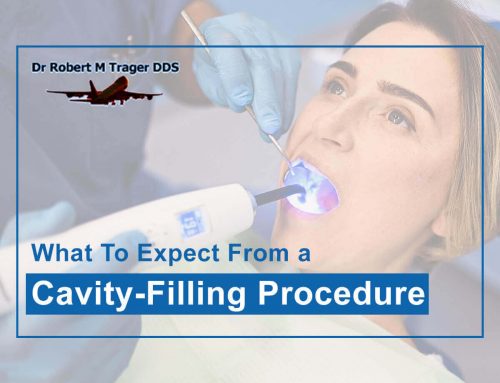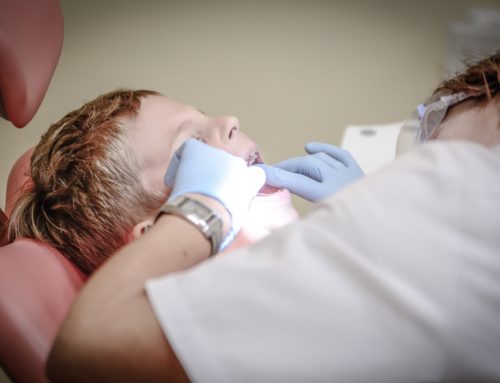 Many people are still getting dentures due to their costing less than dental implants. It can be confusing about what kind would work best for them. That is why it’s important to research.
Many people are still getting dentures due to their costing less than dental implants. It can be confusing about what kind would work best for them. That is why it’s important to research.
Here is some information about dentures to help patients be the most informed they can be before their consulting appointment with the dentist.
Types
- Complete – These are for patients who have no teeth left. Patients usually get them about two to three months post-extraction. The wait is to allow the gums to heal.
- Partial – Candidates for these have retained some of their natural teeth, whether in their upper or lower jaw. There is a base with two pieces that hold the teeth in place.
- Custom – Patients who want higher-quality teeth order these. It’s custom-designed for their own smile. These teeth look the most natural.
- Immediate – These are put in the same day as extraction. Only specific types of candidates are available to get these. It depends on their oral health and their general health, too. Patients should expect to pay more for these due to their immediacy.
- Implant-Supported – A dental implant is put in first to support the denture. Both look quite natural.
- Upper dentures – These only go on the upper jaw, so that anyone missing teeth there can get their smile back.
- Snap-in dentures – These are also supported by a dental implant, but they snap on rather than just being supported.
- Economy – These are not custom-fitted and need to be held in place with adhesive glue. They are noticeably fake.
- Overdentures – The dentist puts these over the gums and dental implants hold them in place.
Material
The frame of the partial dentures are usually made from cobalt and acrylic. While that makes them more durable, it does up the possibility of discomfort or even possible cuts.
There are other possibilities like some that are made of more flexible material. Unfortunately, what the flexible material gives in terms of comfort for the partial dentures, it takes away with its difficulty in being repaired.
When it comes to complete dentures, the most common material is for the base to be made from acrylic that is gum-colored. As far as the teeth go, they either are porcelain-based or are from plastic.
Care
Once the decision has been made and the final dentures have been created, it would be a good idea to look ahead to what needs to be done to keep those dentures in good shape during their lifespan:
- Brush them once a day. This will keep food particles from possibly making the dentures unsanitary.
- Soak them overnight in a special solution to keep them sterile. Not doing this can introduce bad bacteria into the mouth/
- Handle them with care when removing them or carrying them. They are surprisingly fragile and can break in what may seem like unlikely scenarios.
- Eat the correct foods. They are not as durable as they may look, so avoid hard, crunchy foods.
It’s important to see how one’s mouth feels afterwards. While there may be some initial discomfort for a few days, any pain should result in an immediate trip to the dentist . One risks getting an infection if they ignore the pain – and that can cause even more expensive work.
Dentures can make life so much easier for people who are missing teeth. Once they get the hang of speaking and eating with it in their mouth, their self-confidence can skyrocket. It usually is an excellent investment on their part.
Dr. Robert Trager has helped many patients over the years with their smiles. Have questions about dentures? Give him a call at 718-656-4747.
Published By:
Dr. Robert M. Trager
JFK Airport
Building 14 West Wing,
Jamaica, NY 11430
Phone: 718-656-4747
Website: https://jfk-lga-dentist.com





